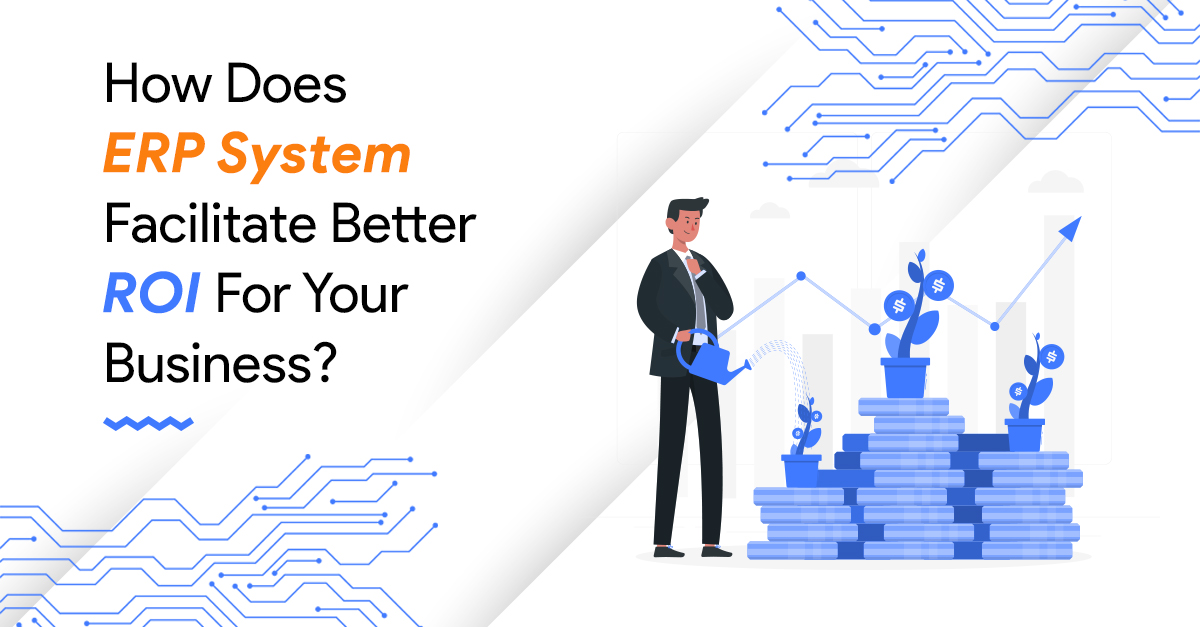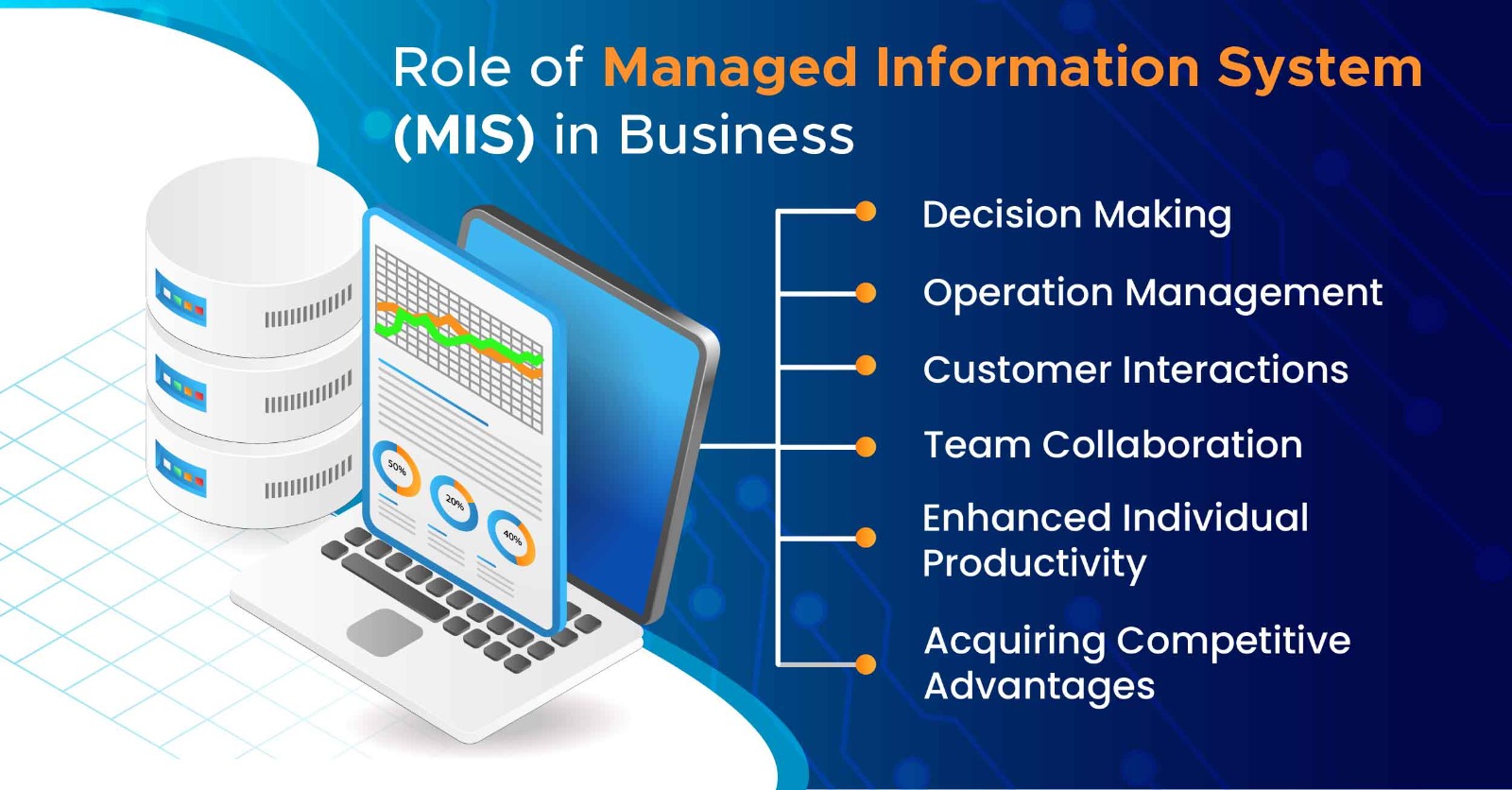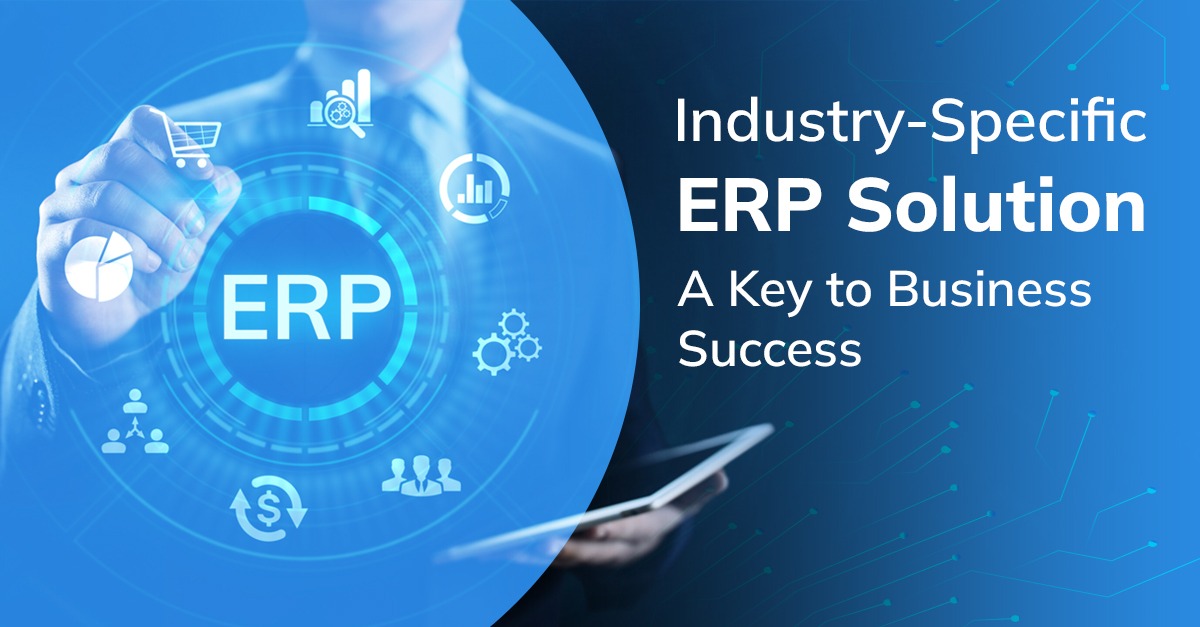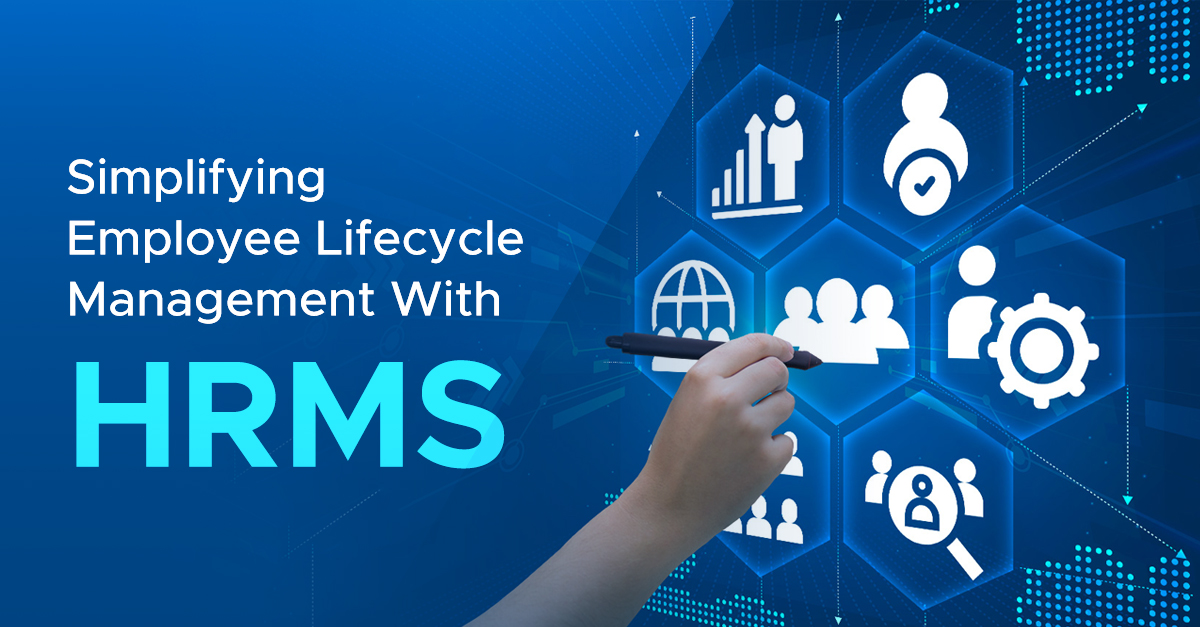
Table of Contents
Reduce operational costs, boost productivity, and process integration…
Introduction
Undeniably, companies need modern ERP systems as their implementation costs are often a matter of concern.
What a lot of vendors and companies fail to realize is that the cost should be taken into account following the expected returns, rather than in isolation.
The ERP ROI must be efficiently calculated; this will enable you to recognize the actual cost of implementing ERP within your business.
Why Should You Measure the ROI?
Businesses often implement ERP to curtail operational costs, boost productivity, and streamline and integrate processes, hence, increasing profitability.
In contrast, if you fail to reduce your expenses, and you fail to enjoy these perks that you anticipated, with higher implementation costs, it might not be a healthy choice to adopt ERP in your business.
Analyzing ERP return on investment is a core element in the entire process of choosing an ERP solution, as it precisely states how the software is employable
It will also help you analyze how it will influence the business in the short and long run, to advocate the investment.
Vital ERP System – ROI Measurement Metrics
Return on investment is far beyond financial gains, it’s more about implying growth in efficiency and productivity of the operations carried out by the company.
There are these parameters you need to consider:
- Expenses related to regulatory compliance
- Material expenses
- Labor expenses
- Amendments in admin expenses
- Boost and decrease production efficiency
- Estimated revenue from sales and gross margin
- Changes to operation planning and control
How Does ERP System Implementation Help Businesses to Progress?
1. Enhanced Data Sharing
When ERP implementation takes place in your business, it helps to submit, modify, and distribute vital information to other departments and employees.
Effortless data sharing improves communication throughout the organization and assists in improving the quality of services and other deliverables.
Enhanced collaboration results in predictable and enhanced outcomes.
2. Cost-effectiveness
When the integration of business functions takes place and there’s a centralized view of the departments and activities enterprise-wide, business processes can be streamlined, resulting in saving significant costs.
There’s no need for disparate systems for different departments and can overlook sustaining additional expenditure and spanning time in training users for every different system differently.
3. Enterprise-Wide Data Sharing
A well-united workforce provides more accurate and on-point output.
One instant impact of implementing an ERP solution is that the system allows users to add, modify, and share vital business data with the pertinent departments or personnel in the organization. This simplified information-sharing proficiency boosts reliability and enhances the quality of communication between employees.
4. Augmented Productivity
An ERP system helps automate business operations. It removes manual interference in performing repetitive and mundane tasks, thereby, saving employees valuable time and enabling them to emphasize business areas that need enhancements. Thus, by using ERP software, you can use your workforce more effectively and boost overall productivity levels.
5. Agile Decision Making
Modern ERP software enables you to access the most key business information on a real-time basis. The system brings together every petite data and assesses the same to produce precise reports that can be utilized in creating business plans and driving decisions for enhancing your business operations.
Enhanced decision-making plays a key role in deciding the right avenue for your organization and using the resources properly to boost its productivity and development.
6. Augmented Visibility into Supply Chain
For any business dealing with the shipping of its products, supply chain management is a core process.
Dynamic ERP solutions are capable of analyzing supply chain statistics accurately to streamline expenses in the inventory and purchase departments.
This leads to enhanced business insights into supply chain operations, authorizing entrepreneurs and managers to drive informed, data-driven decisions.
Any issues related to the supply chain will be investigated by the system, and alerts transferred to the pertinent personnel to shun or mitigate the issues.
7. Improved Customer Satisfaction
For any business to prosper and grow, your customers mustn’t be just more than satisfied, but happy; this is attainable by offering superior quality goods and services.
Through ERP implementation, you can assure customer satisfaction in different ways.
A lot of ERP solutions possess integrated customer relationship management (CRM) tools that offer all the related information you might need concerning your customers, encompassing purchase history and billing details related to contact details.
This provides an in-depth insight into the prerequisites and behaviour of your customers, enabling you to provide personalized and improved services.
8. Centralized Database
Integration of core business functions into one, enterprise-wide system, you can streamline every process. You need not maintain independent systems for each department. The operations that were once unsystematic are now more manageable.
This saves a lot of time and money linked to coordination information from multiple systems, dealing with data redundancy, and pulling surplus resources in the process are also overlooked.
9. Business Intelligence and Communication
Appropriate analyzing and interpreting of business data is not an easy job and needs a lot of hard work to be done manually. Besides, human interference leads to data redundancy and errors.
You can overlook this using sound ERP software. The system efficiently stores all business information in a centralized database and enables you to use a lot of built-in analytical tools for producing reports. This, thereby, helps in enhancing communication across crosswise silo departments and drives smart business decisions.
10. Regulatory Compliance
ERP software integrates smoothly and comprehensively with each department within your company.
This, hence, facilitates critical and essential value to the company- that of trackability and accountability.
The configuration of the ERP system ensures quality control measures, audits, and other regulatory compliance requirements are strictly adhered to and that your company operates within the legal framework of the country.
Conclusion
The ROI calculation is a challenging task. However, analyzing the monetary investments like license fees, maintenance fees, and total cost of ownership is critical, it’s equally essential to emphasize the amount of time and effort capitalized in your ERP implementation. That said, provide a measure of success or otherwise concerning your ERP project. Hence, considering the complexity of the procedure, it’s always wise to get help from the experts.
We at Smartinfologiks offer the best ERP software- BizSuite. Our team of experts would prefer to help you choose the right ERP system for your business and analyze the ROI it’s going to generate once the project goes live.
Would you like to see how all this works? Schedule a demo with our team and get a first-hand view of how BizSuite ERP can be fruitful for your company.


